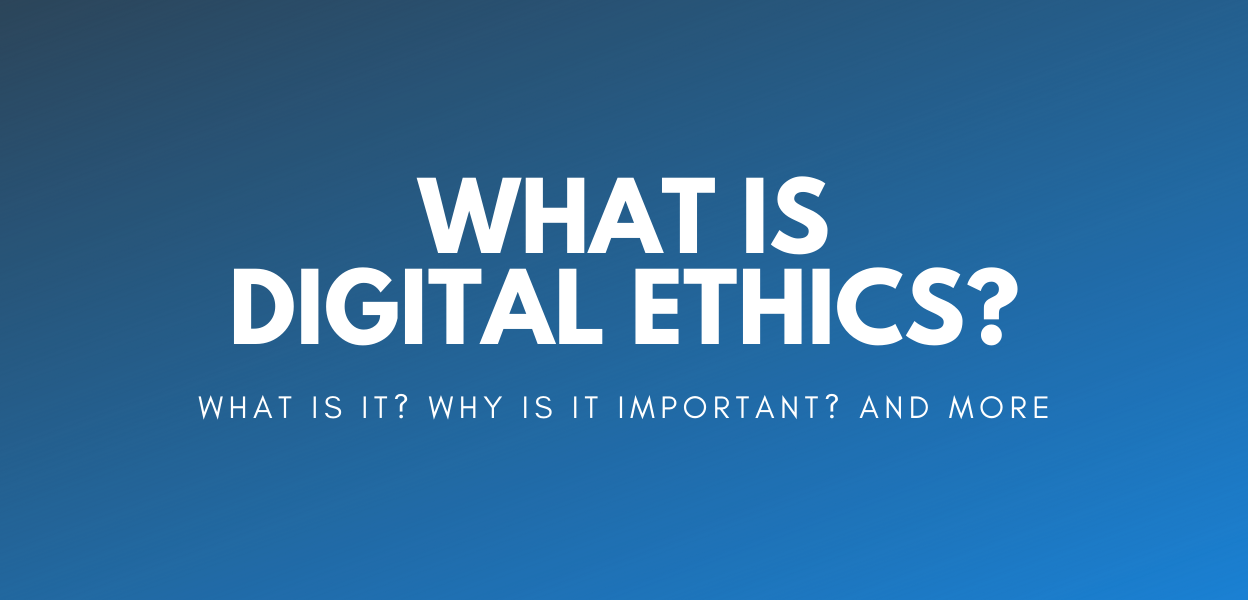Introduction
In an era where apps influence nearly every aspect of our lives—from how we communicate and shop to how we learn and work—developers wield immense power. With that power comes responsibility. As technology advances rapidly, digital ethics has emerged as a critical consideration in app development. It’s no longer enough to ask, “Can we build this?”—we must also ask, “Should we?”
This blog explores the role of digital ethics in app development, why it matters, the key principles involved, real-world examples, and how developers and organizations can embed ethical thinking into every stage of the development lifecycle.
What Is Digital Ethics?
Digital ethics refers to the moral principles and values that guide the design, development, deployment, and use of digital technologies. In app development, it involves making decisions that respect user rights, promote fairness, and minimize harm.
Key Questions in Digital Ethics:
- Is the app respecting user privacy?
- Is it inclusive and accessible?
- Could it cause harm or be misused?
- Is it transparent and accountable?
Why Digital Ethics Matters in App Development
1. User Trust
Ethical apps build trust. Users are more likely to engage with platforms that respect their data and treat them fairly.
2. Legal Compliance
Regulations like GDPR, CCPA, and India’s DPDP Act enforce ethical standards around data use and privacy.
3. Brand Reputation
Unethical practices can lead to public backlash, loss of users, and long-term damage to brand credibility.
4. Social Impact
Apps shape behavior, influence decisions, and affect mental health. Ethical design can promote well-being and equity.

Core Principles of Ethical App Development
🔐 Privacy by Design
- Collect only necessary data
- Use encryption and secure storage
- Offer clear privacy settings
⚖️ Fairness and Non-Discrimination
- Avoid algorithmic bias
- Ensure equal access and treatment
- Test across diverse user groups
🧠 Transparency
- Explain how data is used
- Make algorithms interpretable
- Disclose partnerships and monetization models
🧍 User Autonomy
- Avoid manipulative design (dark patterns)
- Give users control over their data and choices
🧩 Accessibility
- Design for users with disabilities
- Follow WCAG guidelines
- Support multiple languages and devices
🛡️ Security
- Protect against breaches and misuse
- Regularly update and patch vulnerabilities
Ethical Challenges in App Development
⚠️ Dark Patterns
Designs that trick users into actions they didn’t intend (e.g., hidden opt-outs, confusing language).
⚠️ Surveillance Capitalism
Apps that monetize user data without clear consent or benefit to the user.
⚠️ Algorithmic Bias
AI systems that reinforce stereotypes or exclude marginalized groups.
⚠️ Addictive Design
Features that exploit psychological triggers to maximize screen time.
⚠️ Lack of Accountability
When things go wrong, it’s often unclear who is responsible—the developer, the platform, or the algorithm?
Real-World Examples
❌ Facebook–Cambridge Analytica Scandal
User data was harvested without consent and used for political manipulation.
❌ TikTok and Youth Mental Health
Criticized for addictive design and lack of safeguards for young users.
✅ Apple’s App Tracking Transparency
Gives users control over which apps can track their activity.
✅ Signal Messenger
Built with privacy as a core value—no ads, no tracking, open-source encryption.
Embedding Ethics in the Development Lifecycle
1. Ideation
- Ask: What problem are we solving? Who benefits? Who might be harmed?
2. Design
- Use inclusive personas
- Avoid manipulative UX patterns
3. Development
- Implement secure coding practices
- Use ethical AI frameworks
4. Testing
- Conduct bias audits
- Test for accessibility and usability
5. Deployment
- Be transparent about changes and updates
- Provide opt-in features, not opt-out
6. Maintenance
- Monitor for misuse
- Respond to user feedback and ethical concerns
Tools and Frameworks for Ethical Development
- Ethical OS Toolkit – Helps teams anticipate ethical risks
- Mozilla’s Responsible Computing Framework
- Google’s People + AI Guidebook
- Microsoft’s Responsible AI Principles
- WCAG (Web Content Accessibility Guidelines)

The Role of Developers and Teams
👩💻 Developers
- Advocate for ethical practices in code and design
- Speak up when something feels wrong
🧑🎨 Designers
- Create interfaces that empower, not manipulate
- Prioritize accessibility and inclusivity
🧑💼 Product Managers
- Align business goals with ethical values
- Balance monetization with user well-being
🧑⚖️ Executives
- Set the tone for ethical culture
- Invest in training and accountability
Future of Digital Ethics in App Development
1. Ethics-as-a-Service
Consulting and auditing services to evaluate ethical risks in digital products.
2. AI Ethics Boards
Internal review panels to oversee algorithmic decisions and fairness.
3. Ethical Certifications
Badges or labels for apps that meet ethical standards (like “Fair Trade” for tech).
4. User-Led Governance
Communities that help shape app policies and features.
Conclusion
Digital ethics is not a checklist—it’s a mindset. In a world where apps influence billions of lives, developers have a profound responsibility to build with care, empathy, and foresight. Ethical app development isn’t just good practice—it’s essential for creating technology that uplifts, empowers, and earns trust.
As we move into a future shaped by AI, automation, and ambient computing, the question isn’t just what we can build—but what we should.





